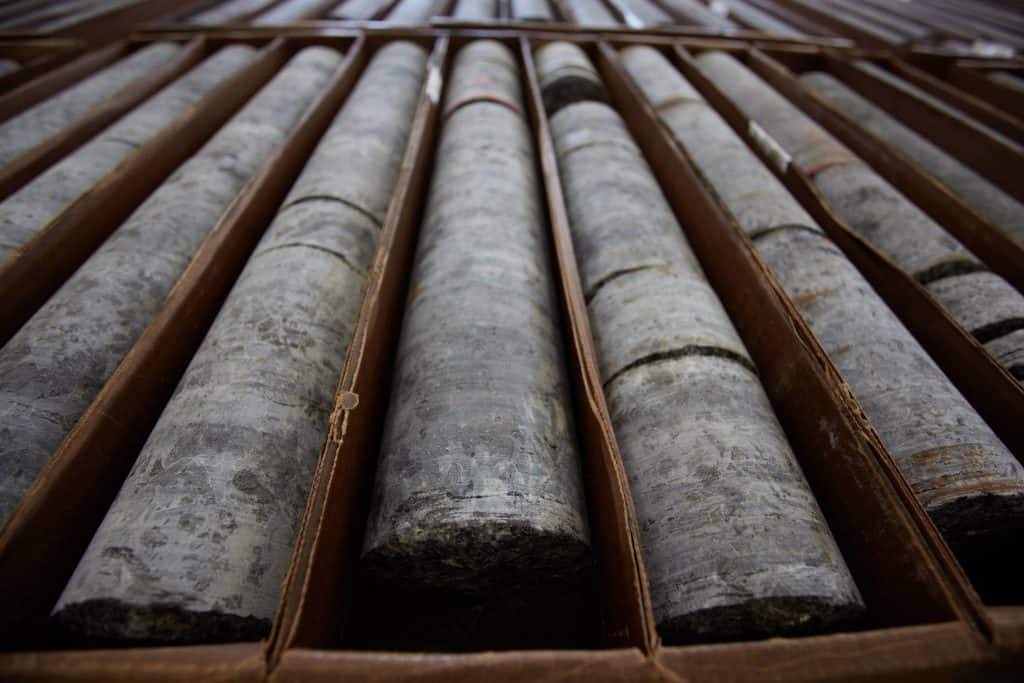
Government attorneys, engineers, and scientists have hit the brakes on the proposed Twin Metals and PolyMet mines in northern Minnesota. Recent decisions by the Department of Justice and U.S. Army Corps of Engineers have halted progress for mineral leases and a permit to obliterate wetlands.
Both moves essentially reverse decisions made during the Trump administration, which had overturned Obama-era actions. The decisions are limited, and do not mean that either mine will be permanently stopped.
The two proposals have met significant resistance for years from environmental groups, Ojibwe tribes, wilderness businesses, and downstream communities. Twin Metals seeks to operate a large underground mine near the Boundary Waters Canoe Area Wilderness and store waste on the surface. PolyMet is attempting to open an open-pit mine in the headwaters of the St. Louis River.
Reviewing predecessor’s decisions
In the case of Twin Metals, the Department of Justice asked a federal court to pause proceedings on a lawsuit “to allow senior officials at the Department of the Interior and Department of Agriculture to review the government’s position in this matter.”
The request was part of President Biden’s executive order issued on his first day in office to review many environmental decisions made during the Trump administration to assess their scientific backing and climate impacts.
The court recently approved the request, stopping any actions for 90 days. The lawsuit in question was filed against the Trump administration in 2019 by environmental groups, which claimed the government had not followed science or appropriate processes when it renewed leases for Twin Metals to mine publicly-owned minerals.
“We are pleased to see the Biden administration is reviewing the unlawful renewal of Twin Metals leases next to the Boundary Waters,” said Tom Landwehr, Save the Boundary Waters Executive Director, one of the plaintiffs. “We believe the review will lay bare the politically motivated decision-making of the Trump administration.”
The leases date to 1966, before most modern environmental laws, and have been exchanged several times between business entities, calling into question their continued validity. The Obama administration cancelled the leases in 2017, shortly before the president left office.
Accounting for tribal impacts
For PolyMet, the new hurdles came from the Corps of Engineers and the Environmental Protection Agency. The Corps has suspended the company’s permit to dump mine waste on 900 acres of peatlands, while the EPA studies if it would affect downstream tribal reservations.
PolyMet’s project would be 70 miles upstream of the Fond du Lac Band of Lake Superior Chippewa’s tribal lands. The band has sued to require the project to meet its water quality standards.
If the EPA rules that the mine “may affect” the band’s resources, the Army Corps could rescind and reconsider the permit.
“This is the first time that any downstream tribe has attempted to exercise their rights under the Clean Water Act to object to a federal permit,” Paula Maccabee, advocacy director and counsel for WaterLegacy, told the Star Tribune. “Tribal science and additional scientists all believe that there is a strong likelihood that the PolyMet project will increase mercury in the St. Louis River fish on the reservation.”
The Army Corps of Engineers issued PolyMet’s section 404 permit in 2019. Earlier this month, a judge ruled that the EPA must determine if the project may affect the downstream tribal resources. If it poses a risk, the band could be involved in new discussions and a hearing on the permit, and the opportunity to change it.
“PolyMet plans to participate fully, as appropriate, in this process and believes the science will once again prevail,” the company said in a statement after the EPA decided to review the permit. “The science is clear that water discharges from the NorthMet copper-nickel-precious metals mine will have no impact on downstream waters.”
More information:
- Biden administration reviewing Trump administration’s renewal of Twin Metals leases – Duluth News Tribune
- U.S. Army Corps suspends wetlands permit for PolyMet copper mine – Star Tribune
- EPA asks to review whether PolyMet ‘may affect’ Fond du Lac Band; requests permit suspension – Duluth News Tribune
- Executive Order on Protecting Public Health and the Environment and Restoring Science to Tackle the Climate Crisis – White House

